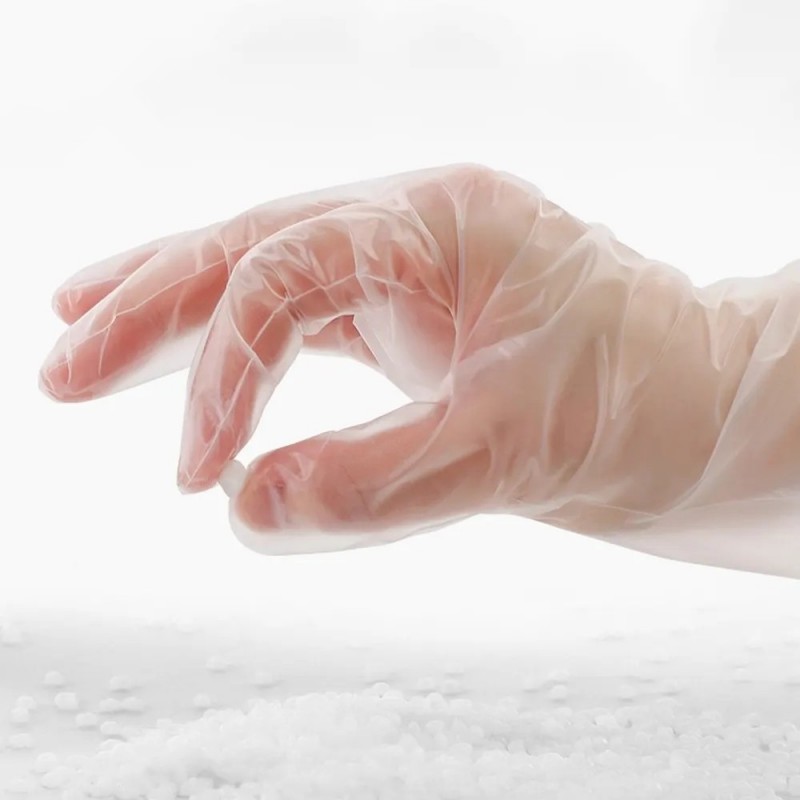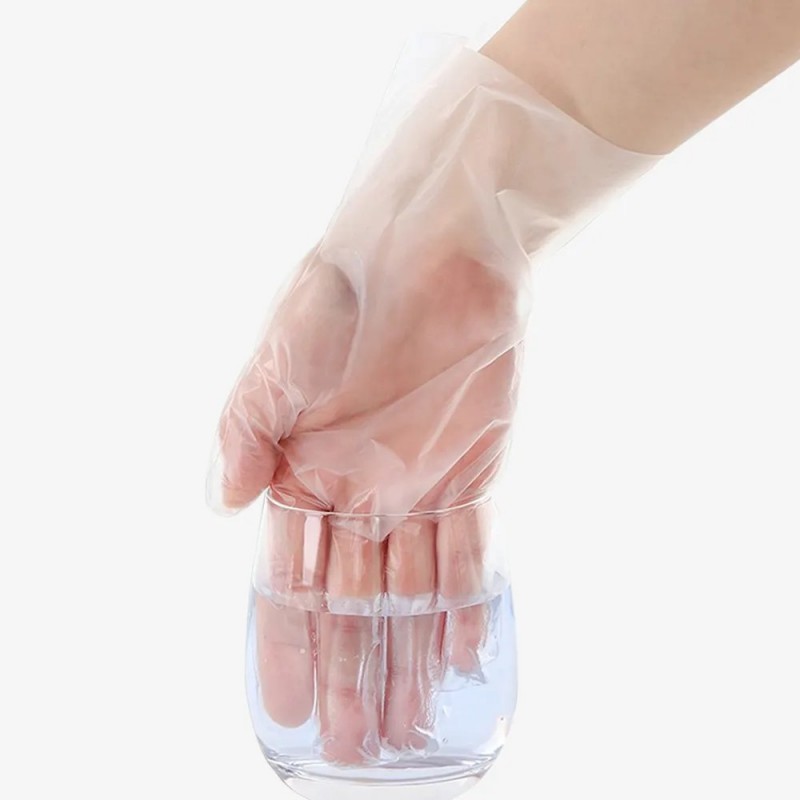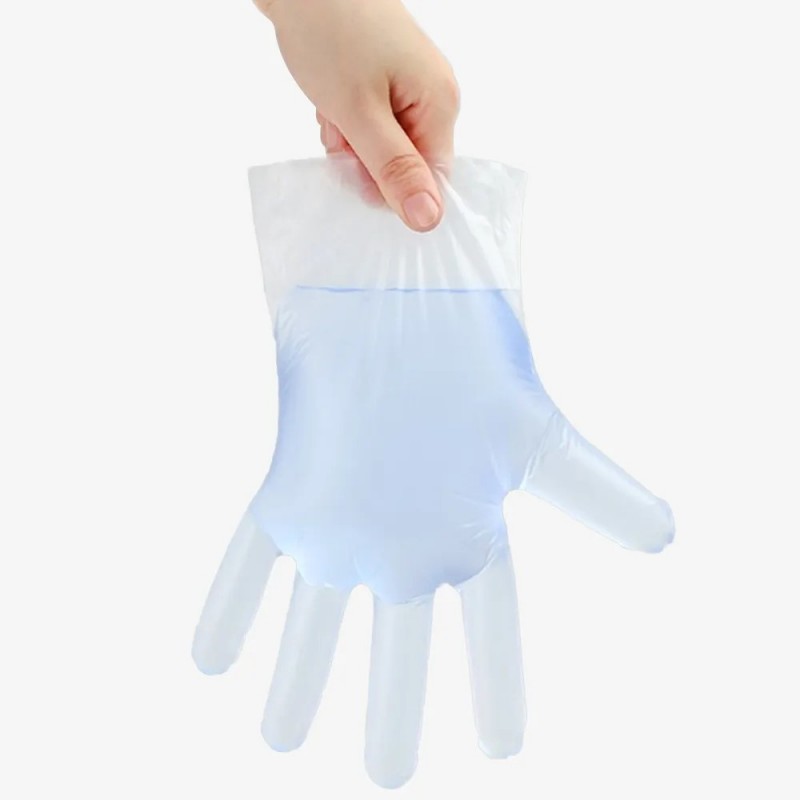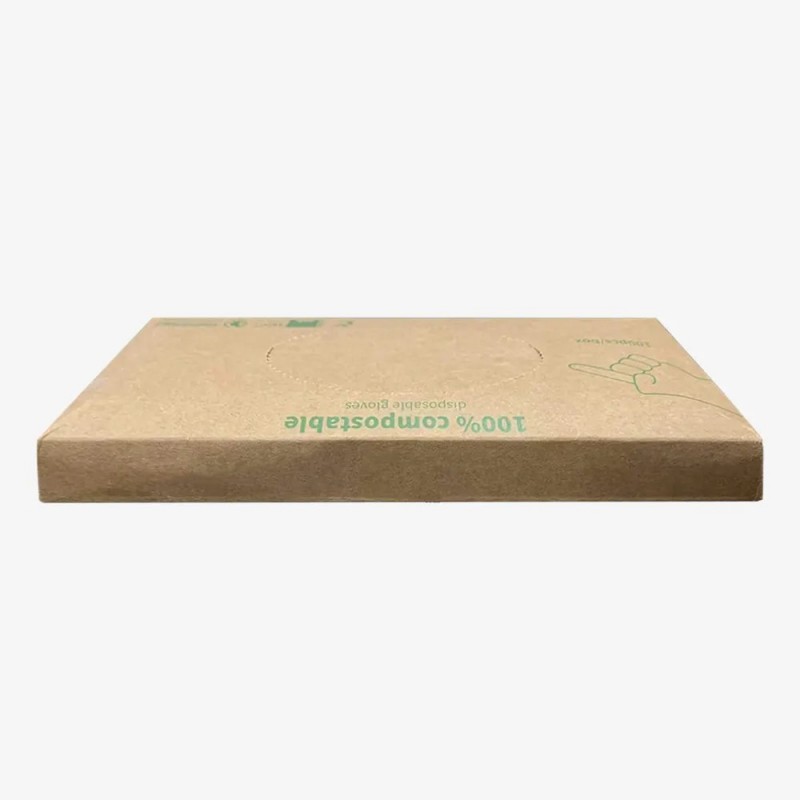How to Dispose of Disposable Plastic Gloves Properly?
Disposable plastic gloves have become an everyday necessity in industries like healthcare, food services, and personal hygiene. However, their improper disposal can harm the environment, disrupt waste management systems, and even pose health risks. Learning the proper way to dispose of disposable plastic gloves is essential for safeguarding both public health and the planet.
The Environmental Impact of Disposable Plastic Gloves
Disposable gloves are typically made from materials like polyethylene, latex, or vinyl. While these materials are lightweight and convenient, they are not biodegradable. When carelessly discarded, gloves often end up in landfills or natural environments, where they can:
Persist for decades, contributing to plastic pollution.
Harm marine and terrestrial wildlife that may ingest or become entangled in them.
Spread contaminants or pathogens if improperly handled after use.
Understanding the correct disposal process is critical to minimizing these risks.
Steps to Dispose of Disposable Plastic Gloves Safely
1. Remove Gloves Properly
Before disposal, ensure gloves are removed without contaminating your hands or the surrounding area. Use the following method:
Pinch the outside of one glove at the wrist without touching your skin.
Peel the glove off, turning it inside out.
Hold the removed glove in your still-gloved hand.
Slide your ungloved fingers under the wrist of the remaining glove, peel it off, and wrap it around the first glove.
This technique traps any contaminants inside the gloves, reducing the risk of spreading germs or hazardous substances.
2. Dispose of Gloves in General Waste
Most disposable plastic gloves are not recyclable due to contamination and the materials used in their production. Always place them in a general waste bin. Recycling facilities are not equipped to handle soiled gloves, and improper disposal in recycling streams can disrupt the recycling process.
3. Avoid Littering
Never discard gloves on the ground, in waterways, or in public spaces. Littered gloves can cause environmental pollution and pose risks to animals. If a trash bin is unavailable, store the gloves in a sealed bag until you can dispose of them properly.
4. Follow Local Disposal Guidelines
In some areas, especially for gloves used in medical or industrial applications, there may be specific protocols for handling contaminated waste. Check local waste management regulations for guidance on disposing of hazardous materials.
Are There Eco-Friendly Alternatives?
As environmental concerns grow, manufacturers have introduced eco-friendly alternatives to traditional disposable gloves:
Biodegradable Gloves: These gloves are designed to decompose faster under specific conditions, offering a greener option for single-use needs.
Compostable Gloves: Made from plant-based materials, these gloves break down into organic matter in composting environments.
Recyclable Gloves: While rare, some gloves are made from materials that can be recycled if processed at specialized facilities.
Choosing these alternatives can reduce your environmental footprint while maintaining safety and hygiene.
Common Mistakes to Avoid
Recycling Used Gloves: Most gloves are not recyclable due to contamination or material type. Disposing of them in recycling bins contaminates the recycling stream.
Flushing Gloves: Gloves should never be flushed down toilets or drains, as they can block plumbing systems and contribute to water pollution.
Burning Gloves: Burning plastic gloves releases harmful toxins into the air, which is detrimental to both health and the environment.
The Importance of Responsible Disposal
Properly disposing of disposable plastic gloves is a small but impactful step toward protecting the environment and maintaining public health. By removing gloves safely, placing them in appropriate waste bins, and considering eco-friendly alternatives, individuals and businesses can minimize their environmental impact.Every responsible action counts in reducing plastic pollution and promoting sustainability. Whether you use disposable gloves in your daily routine or business operations, make disposal a priority—and encourage others to do the same.










